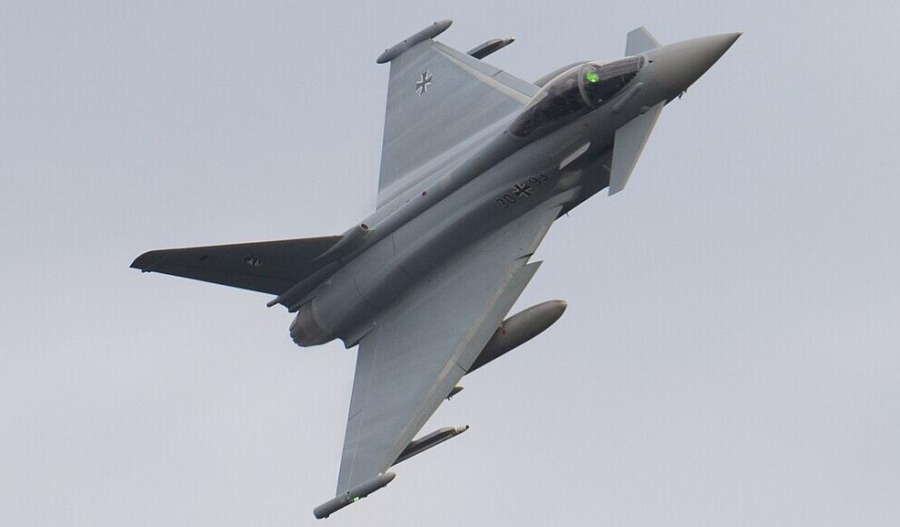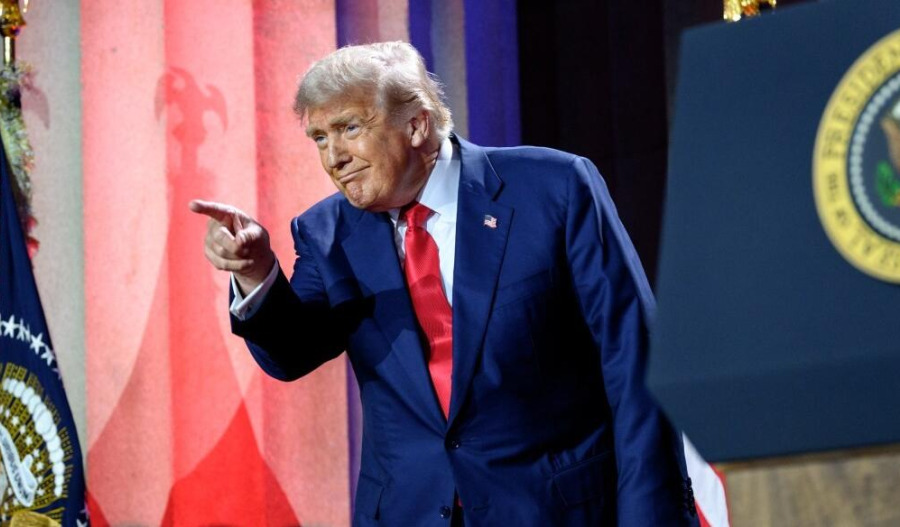Oil prices gained in Asian trading on Monday, supported by rising geopolitical tensions in Europe and the Middle East, though the prospect of additional supply and concerns over trade tariffs weighed on sentiment.
By 3:15 pm AEST (5:15 am GMT), Brent crude futures rose 43 cents, or 0.6%, to US$67.11 per barrel, while U.S. West Texas Intermediate (WTI) crude for November delivery climbed 40 cents, or 0.6%, to US$62.80 per barrel.
The move came after three Russian jets violated NATO member Estonia’s airspace on Friday, while Polish and allied aircraft were deployed on Saturday after Russia launched airstrikes targeting western Ukraine near the border.
Germany also reported a Russian military aircraft entering neutral Baltic Sea airspace on Sunday.
Diplomats said the United Nations Security Council is scheduled to meet Monday to discuss the incursions.
Ukraine has intensified drone attacks against Russia’s energy facilities in recent weeks, striking terminals and refineries.
Meanwhile, U.S. President Donald Trump has urged the European Union to halt purchases of Russian oil and gas.
ANZ analysts commented: "The European Union proposed banning Russian LNG in 2027, a year earlier than previously planned. This is part of its latest measures to curb President Putin’s ability to wage Russia’s war against Ukraine.
"The EU also proposed a full transaction ban on more Russian banks and financial institutions as well as trade restriction on entities in China and India, which have enabled Moscow to get around the bloc’s sanctions."
In the Middle East, four Western nations formally recognised a Palestinian state, prompting a strong backlash from Israel and heightening tensions in the oil-rich region.
Last week, both Brent and WTI settled more than 1% lower, as fears of oversupply and weakening demand overshadowed optimism that the Federal Reserve’s first interest-rate cut of the year would spur consumption.
Iraq has also added to supply pressures, with the state oil marketer SOMO confirming an increase in crude exports as the country continues unwinding voluntary OPEC+ production cuts.



